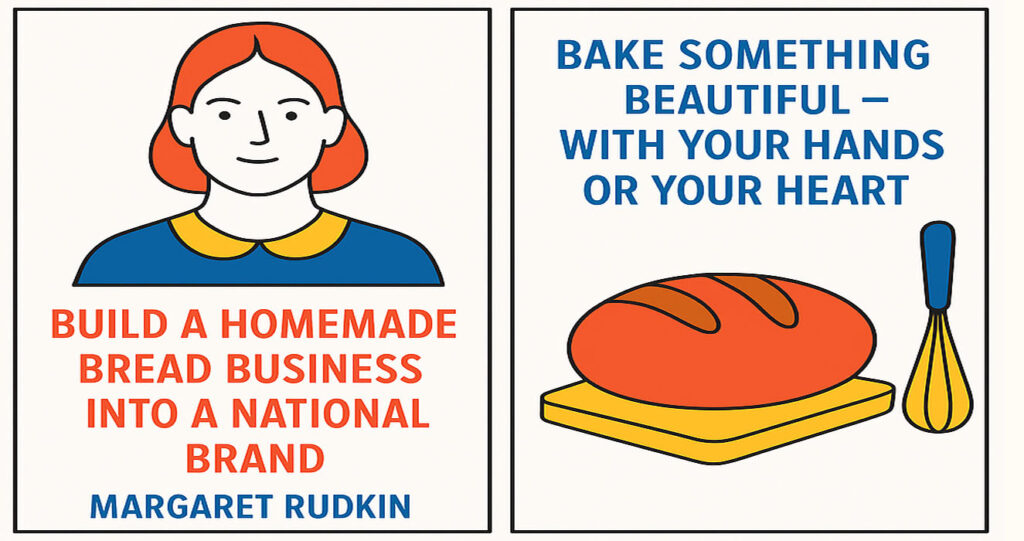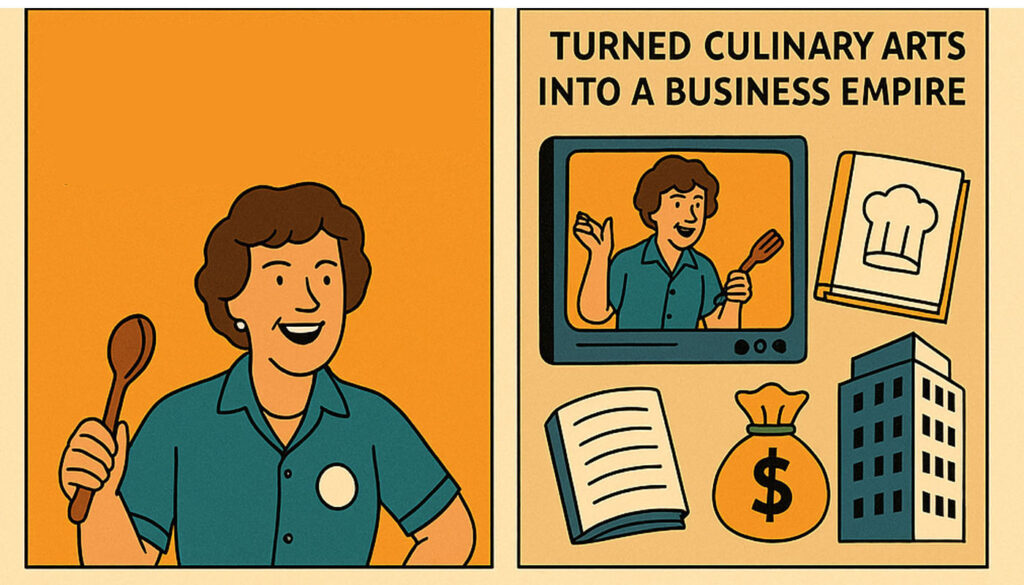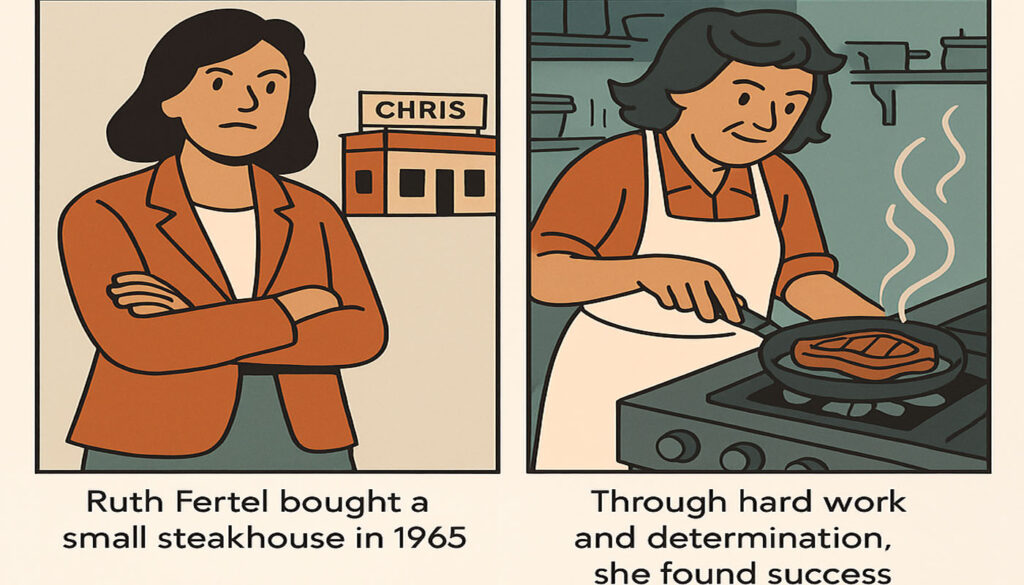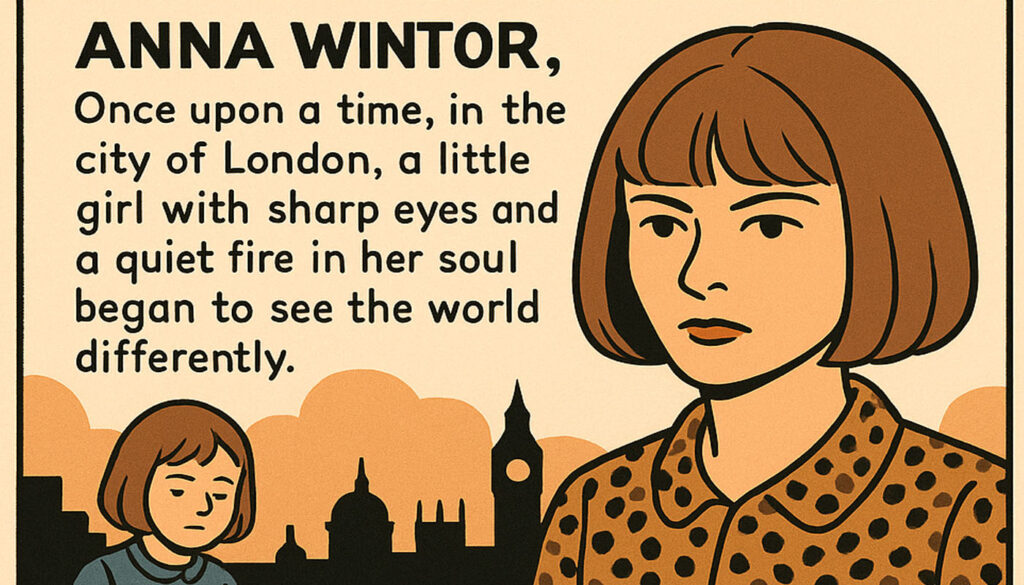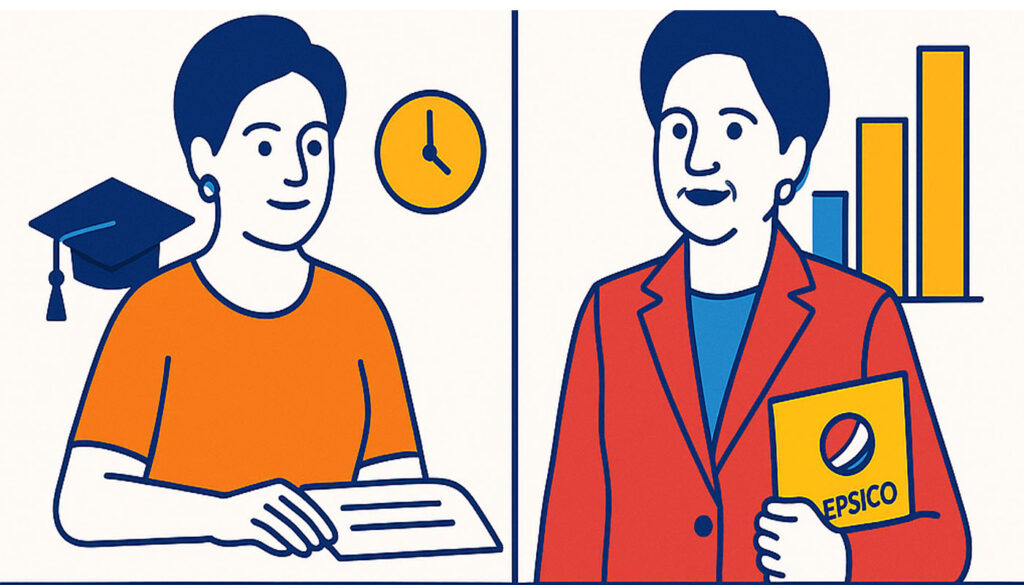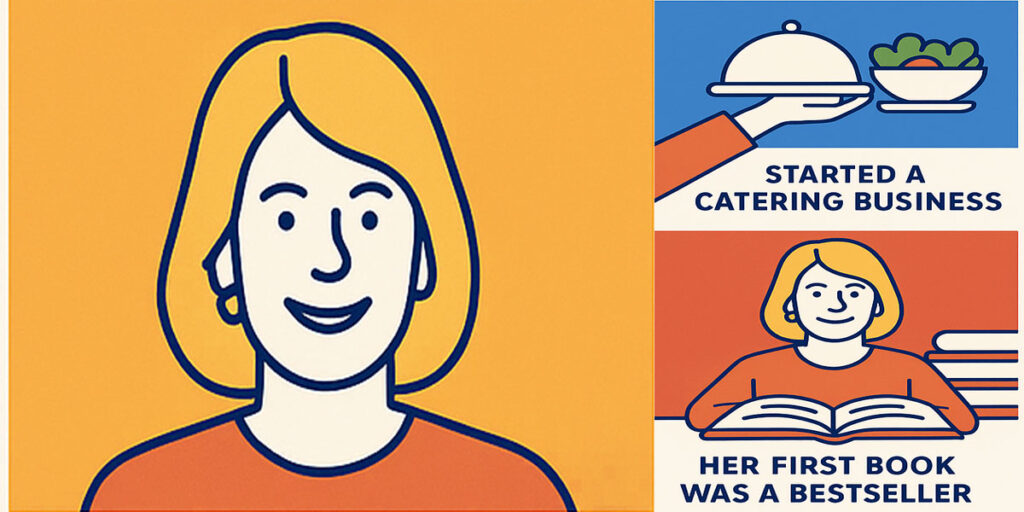Q1: Who was Margaret Rudkin, and why is she remembered today?
Margaret Rudkin was a visionary American businesswoman who turned a simple loaf of homemade bread into a beloved national food brand—Pepperidge Farm. She is remembered for her passion, courage, and creative thinking in a time when women rarely led companies. Her work not only changed her own life but also changed how families across America thought about healthy and tasty food.
Q2: What inspired her to start baking bread?
It all began with love—a mother’s love for her sick child. In 1937, one of Margaret’s sons developed asthma and could not eat processed or commercial food. Doctors suggested he avoid additives and artificial ingredients. So, Margaret, who had no formal baking training, started making fresh, preservative-free bread at home in her kitchen in Fairfield, Connecticut.
She used the finest natural ingredients she could find. The result? A loaf of whole wheat bread that tasted amazing and made her son feel better. It wasn’t just bread—it was healing, hopeful, and homemade.
Q3: How did this personal act turn into a business?
At first, she was only baking for her family. But soon, friends and neighbors who tasted the bread began asking for it. Local doctors also noticed the bread’s health benefits and recommended it to their patients. Margaret realized she had something special.
She approached a local grocery store and offered her bread. It sold out on the first day. Encouraged, she began baking more loaves in her kitchen. She named the company “Pepperidge Farm” after the family’s colonial-style home and its peaceful, natural surroundings.
Q4: What challenges did she face as a woman starting a business in 1937?
In the 1930s, women were rarely taken seriously in business. Banks were hesitant to lend money to a woman. Suppliers didn’t always treat her as a real business owner. She even faced doubt from people around her.
But Margaret never gave up. She believed in her product. She didn’t shout to be heard—she let her bread do the talking. Every loaf was a message: “Good food can come from a woman’s hands, and it belongs on every table.”
She also had to balance her roles as a mother, wife, and now, business leader. She worked early mornings and late nights, kneading dough by hand while caring for her family.
Q5: How did she grow the business beyond her kitchen?
As demand increased, her home kitchen couldn’t keep up. So, she hired help, bought larger baking equipment, and eventually built a proper commercial bakery. Even as the business grew, Margaret refused to compromise on quality. She still insisted on using stone-ground whole wheat, fresh milk, and real ingredients.
During World War II, ingredients like sugar and butter were rationed. Many food businesses struggled or cut corners—but not Margaret. She paused some production until she could find the right ingredients again. That honesty built deep trust with customers.
By the 1940s, Pepperidge Farm bread was being sold in New York City and several nearby states. Newspapers and magazines praised her for her “homemade taste in a business world.”
Q6: Was Pepperidge Farm only about bread?
No! Margaret Rudkin believed in expanding thoughtfully. She added new products that matched her brand’s values: natural ingredients, great taste, and a touch of home. She introduced cookies inspired by European recipes, like the famous “Milano” and “Brussels” varieties. She also launched frozen pastries and rolls, giving families high-quality baked goods without having to bake themselves.
Margaret even traveled to Europe to study baking techniques. She brought back not just recipes but ideas for packaging, freshness, and style.
Q7: How did Pepperidge Farm become a national brand?
By the 1950s, Margaret’s reputation was soaring. Her products were in high demand, and she continued to innovate. She invested in modern factories while keeping the artisan feel of her products. She also used storytelling to build trust. Every package of bread had her signature on it—she stood by her food.
In 1961, Pepperidge Farm was acquired by the Campbell Soup Company. But Margaret didn’t retire. Instead, she became the first woman ever to serve on Campbell’s board of directors. She ensured that the brand remained true to its values even under a larger umbrella.
Q8: What made Margaret Rudkin different from other entrepreneurs?
Margaret didn’t start with a dream to be rich—she started with a purpose: to help her son. That love and care shaped every business decision. She also wasn’t afraid to be original. While most companies focused on mass production, she focused on quality.
She also used her voice powerfully but gently. She wrote a bestselling cookbook in 1963 called The Pepperidge Farm Cookbook. It wasn’t just a collection of recipes—it was a memoir, a guide, and a reflection of her life’s work.
Q9: What values guided her business?
- Quality: She never used cheap fillers or artificial ingredients.
- Health: She believed that food should nourish the body and soul.
- Honesty: She was transparent with customers, even when it meant slowing down production.
- Innovation: She brought European elegance and local warmth together.
- Leadership: She proved that women can build, lead, and inspire without giving up their femininity or values.
Q10: How did she impact the lives of women in business?
Margaret Rudkin became a silent pioneer. At a time when few women were CEOs or even business employees, she led a company, hired staff, managed finances, and expanded nationally. She inspired women to trust their instincts, believe in their abilities, and not be afraid to start small.
Her story showed that a woman could bake bread in the morning and lead board meetings by afternoon. She helped redefine what leadership could look like—for women and for anyone with a vision.
Q11: What was her personality like?
Margaret was warm, determined, graceful, and deeply thoughtful. She loved literature and history. She was also practical—she wasn’t after fame or flash. Her calm confidence and consistent actions spoke louder than any speech. She believed that if you offer the best you can, the world will notice.
Q12: Did she ever talk about her journey in public?
Yes, Margaret was a natural storyteller. She shared her journey through her cookbook and public talks. She didn’t use business jargon—she spoke from the heart. Her words connected with people because they were honest, simple, and full of life lessons.
She once said, “Don’t ever change your recipe to meet the market. Make the market come to you.” That quote sums up her spirit—authentic, bold, and visionary.
Q13: What’s her legacy in the food world today?
Today, Pepperidge Farm is a household name, trusted by millions. You can walk into a store and find her legacy on the shelves—Milano cookies, hearty breads, Goldfish crackers, and more. Every item carries the values she baked into the company from day one.
Beyond products, her legacy is one of belief. She believed that good food comes from care. She believed that a woman’s hands can shape a business. And she believed that success doesn’t require shortcuts—it requires sincerity.
Q14: How is she remembered beyond her brand?
Margaret Rudkin’s name might not be as famous as some modern business leaders, but her influence runs deep. She’s remembered in books, documentaries, and by the many women she inspired. Her story is taught in business schools as a case study in leadership and ethics.
She also left a legacy of kindness. Former employees describe her as generous and humble. She celebrated birthdays with her staff, listened to their ideas, and treated them with respect. Her business was not just a machine—it was a family.
Q15: What can young entrepreneurs learn from her?
- Start with purpose, not profit.
- Let quality guide your decisions.
- Don’t be afraid to begin in your kitchen.
- Stay calm when others rush.
- Tell your story—because people buy not just products, but passion.
- Believe in your value, even if the world doubts you.
Margaret Rudkin’s journey shows that entrepreneurship isn’t about noise—it’s about heart, dedication, and being true to your core.
Q16: If Margaret Rudkin were here today, what advice might she give?
She might say:
“Bake something beautiful—with your hands or your heart. Don’t follow every trend. Stay kind. Stay curious. And always remember: the smallest beginnings can rise into the biggest blessings, one loaf at a time.”
